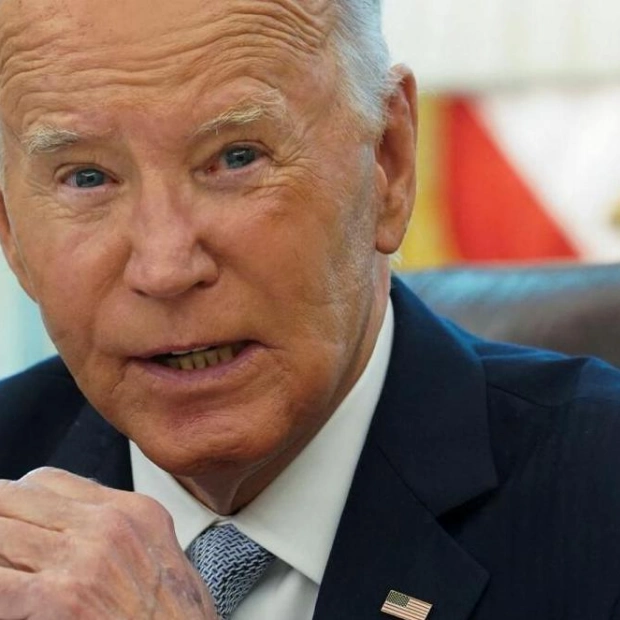India's increasing job numbers are predominantly from self-employed individuals, unpaid workers, and temporary farm hires, which do not equate to formal jobs with regular wages, according to private sector economists on Wednesday. This follows recent labor department data showing 20 million new job opportunities annually since 2017/18, challenging a Citibank report stating only 8.8 million jobs were created yearly since 2012.
Amit Basole, head of the Centre for Sustainable Employment at Azim Premji University, noted a significant rise in employment from agriculture and self-employment, including own account work or unpaid family work. Basole emphasized that this surge does not signify the creation of formal jobs with regular wages, based on detailed data up to the financial year 2022/23. The Reserve Bank of India reported a 46.7 million increase in employment in the fiscal year ending March 2024, totaling 643.3 million, up from 596.7 million the previous year.
Basole highlighted that agricultural work opportunities accounted for 48 million of the 100 million jobs generated between financial years 2017/18 and 2022/23. He described these as not true jobs but rather people working in agriculture or non-farm self-employment due to insufficient demand from businesses. The central bank provided a provisional estimate for employment growth in 2023/24 without specifying the sectors, with data only available up to the previous year.
Prime Minister Narendra Modi, who first came to power in 2014 promising to create 20 million jobs annually, has faced criticism for not fulfilling this promise. His party's recent loss of an absolute parliamentary majority was attributed to voter dissatisfaction over job scarcity and high inflation. The party's election manifesto pledged job creation through investments in infrastructure, pharmaceuticals, and green energy.
Former chief statistician Pronab Sen criticized the growing farm employment as regressive, contradicting the national goal of moving more Indians away from agricultural work. He questioned the validity of the employment data, suggesting it was misleading. Government data indicates only 20.9% of India's overall workforce earned regular wages as of 2022/23. Economists have noted weak consumption in the economy, growing at just 4% in 2023/24, half the pace of the GDP's 8.2% expansion.
Rupa Rege Nitsure, an independent economist, argued that regardless of the employment numbers, the outcome should be reflected in broader-based consumption growth. She questioned the unevenness in consumption spending despite reported employment increases.






